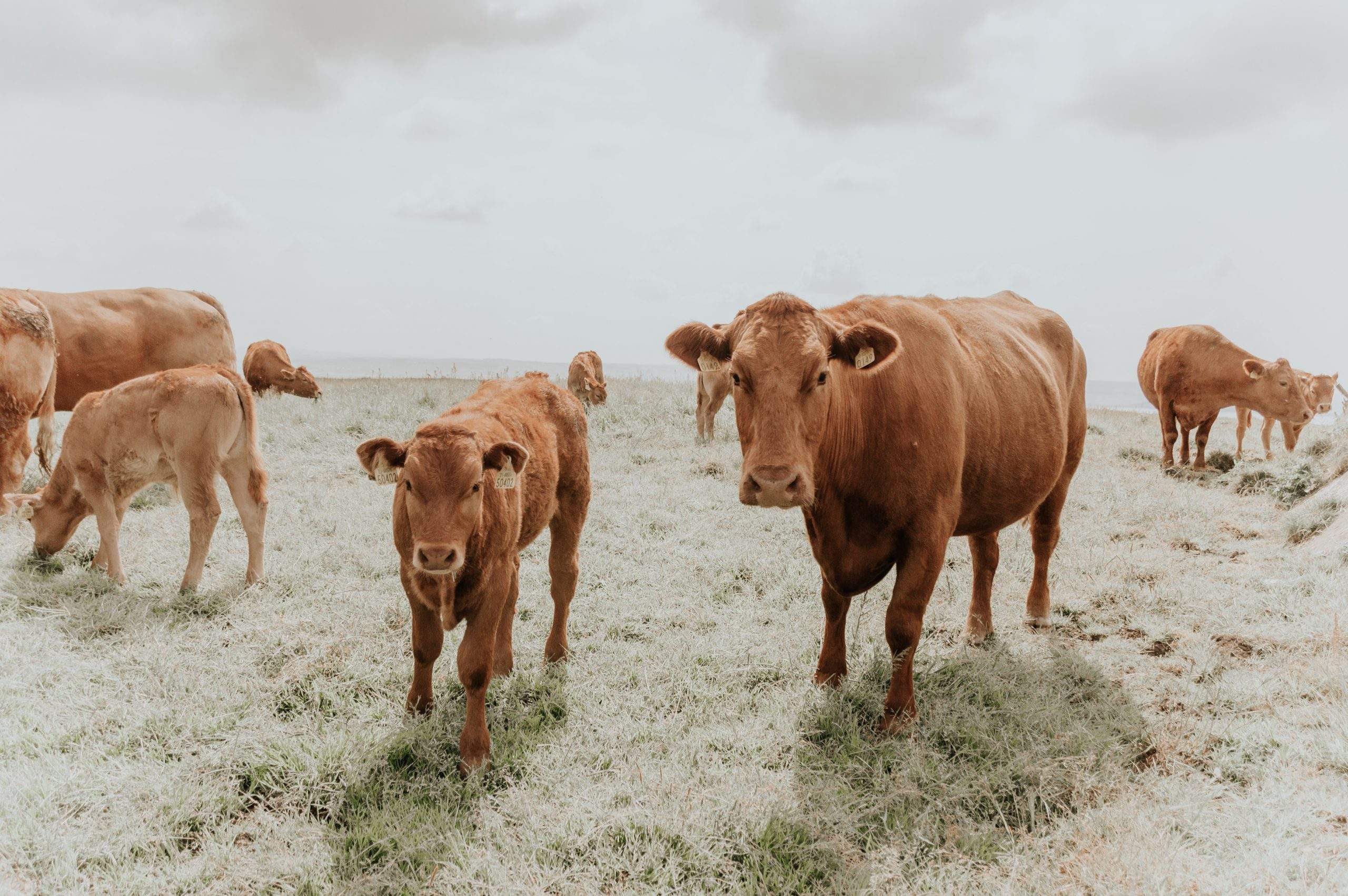In response to the climate crisis, the dairy and beef sectors have promised to reduce their greenhouse-gas emissions.
Water and energy consumption, greenhouse-gas emissions and more… Dairy and cattle farmers are often singled out for their impact on the environment. According to a report from the U.N.’s Food and Agriculture organization (FAO), livestock raising is responsible for 18% of all greenhouse-gas emissions – even more than transportation.
In order to address that issue, livestock farmers have committed to reducing milk and meat’s carbon footprint by 15% to 20% over the next 10 years. Among the measures adopted to achieve that goal, 300 livestock farmers in the France Carbon Agri Association (FCAA) have committed to collectively avoiding 137,000 tons of CO2 emissions over the next five years. That corresponds to the annual carbon footprint of 12,454 French people. The Association is aiming for an average reduction of 461 tons per farm, corresponding to 7% of their CO2 emissions.
The project, which received the carbon label that the Ministry of Ecological Transition has been delivering since 2018, allows those environmentally friendly famers to sell carbon credits to businesses and local governments. “Farmers receive €30 for every ton of CO2 avoided,” Catherine Brocas, the head of FCAA’s dairy-cow carbon project, explains.
- A Certified Approach
Thanks to a tool developed by the sector, livestock farmers can start by performing a precise evaluation of their operation’s environmental footprint. Once they have that information, they can choose from a catalogue of measures to improve the situation. The tool then automatically calculates the reduction of greenhouse-gas emissions those measures will achieve when implemented.
“Farmers can, for instance, commit to changing how they feed their cows. By growing more feed on the farm, they can reduce the amount of purchased proteins, which are often imported,” Catherine Brocas explains.
Among the many other options, they can also increase carbon stocking by planting hedgerows of bushes or trees on their farms, creating a methanization plant, or deciding to use less fuel.
Their actions are then certified by Bureau Veritas, an independent organization, which visits the farms to make sure that the measures announced by the farmers are in fact being carried out.
More information about agri-food industry in our news!
